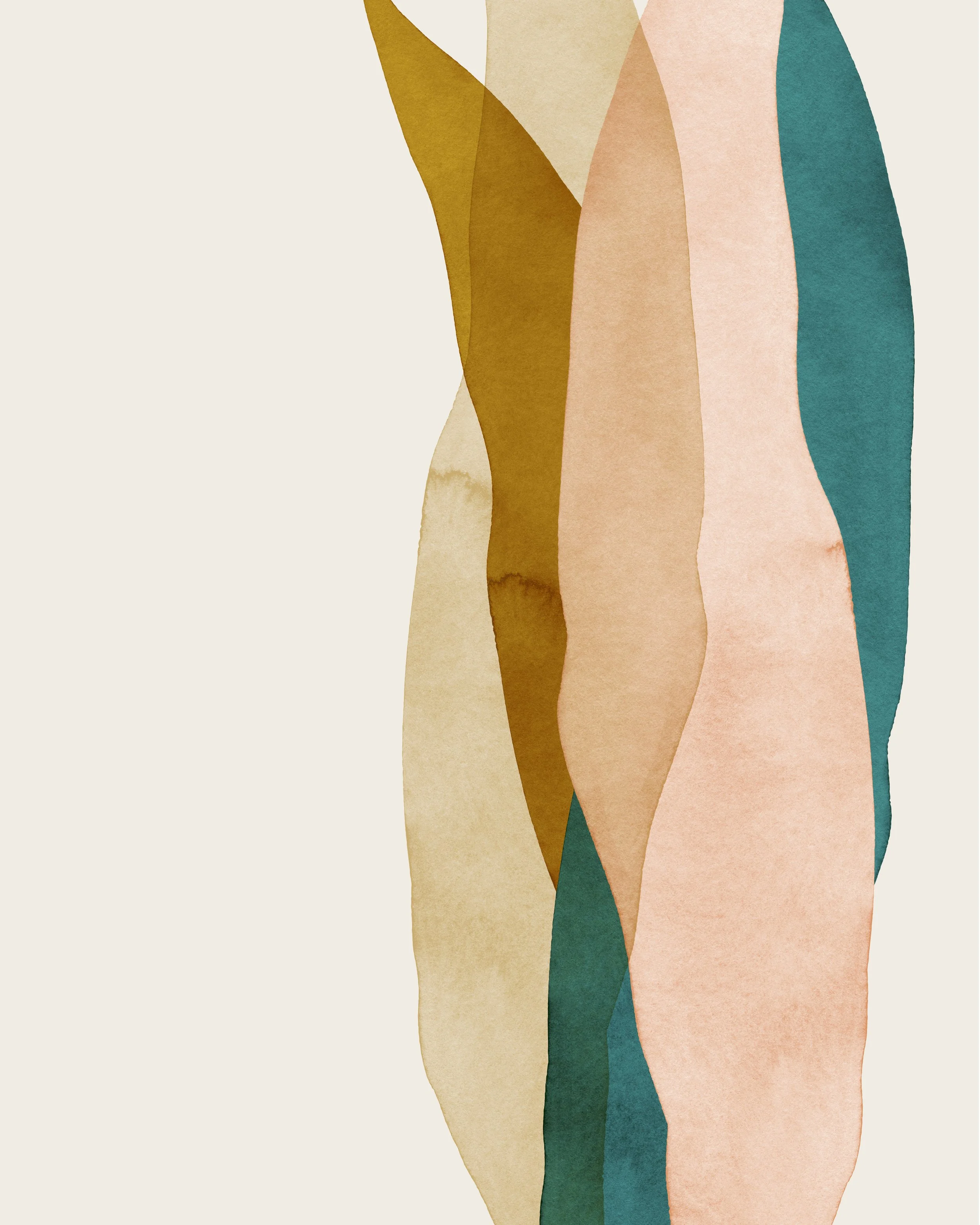
Acupuncture for Diminished Ovarian Reserve (DOR) in Encinitas
Diminished Ovarian Reserve (DOR) occurs when the ovaries contain fewer viable eggs than expected for a woman’s age. This can make natural conception more difficult and may lower success rates with IUI or IVF, as fewer eggs are retrieved and ovarian response may be reduced.
While age is a major factor, DOR can also affect younger women due to genetics, autoimmune conditions, chemotherapy, or past ovarian surgery. Receiving a diagnosis of DOR can feel overwhelming and discouraging, but it does not mean pregnancy is out of reach. Many women with low AMH or elevated FSH go on to conceive successfully with the right support.
Understanding DOR Through a Holistic Lens
Ovarian reserve is typically evaluated with AMH, FSH, and Antral Follicle Count (AFC). These labs reflect egg quantity but not necessarily egg quality or your body’s ability to respond to treatment. That’s where acupuncture and Traditional Chinese Medicine (TCM) can play a powerful role.
In TCM, DOR is often linked to patterns like Kidney Jing deficiency, Blood deficiency, or Liver Qi stagnation, all of which can impact follicular development, hormone balance, and uterine receptivity. Acupuncture helps improve ovarian blood flow, regulate the HPO axis, calm the nervous system, and support the cellular energy needed for egg maturation. Chinese herbal medicine is often added to nourish the reproductive system, support ovulation, and address underlying deficiencies, ultimately helping create a healthier internal environment for egg development and better outcomes in future cycles.
Common Misconceptions About Diminished Ovarian Reserve
✧ “DOR means I can’t get pregnant.” This is false. Many patients with low AMH still conceive naturally or with IVF.
✧ “Egg quality and egg quantity are the same thing.” This is also false. Lab markers assess quantity, not the potential of each egg.
✧ “There’s nothing I can do.” And this is absolutely not true. While we can’t reverse time, we can enhance the quality of the environment in which eggs mature by improving blood flow, nutrient delivery, and cellular energy to support more favorable outcomes. This is where fertility acupuncture for egg quality and Traditional Chinese Medicine for natural fertility enhancement work beautifully with the body.
Questions? Start Here!

Why Choose Seed for DOR Support?
At Seed Acupuncture, we specialize in treating women with Diminished Ovarian Reserve, including those with low AMH, elevated FSH, poor response to stimulation, premature ovarian aging, or failed IVF retrievals.
Treatment plans are personalized based on your fertility history, hormone levels, and clinical goals. We use targeted acupuncture to improve ovarian blood flow and endocrine signaling, custom herbal formulas to support follicular development and cycle regularity, and nutrition and lifestyle strategies designed around your labs and timeline.
Whether you’re preparing for another IVF cycle or hoping to improve your chances of natural conception, we focus on optimizing egg quality over the full 90-120 day follicular window in order to give your body the time and support it needs to respond more effectively.
If you’re feeling like time is running out or you’ve been told there’s nothing more you can do, know that there’s still a path forward.
Take the next step with confidence. Book your consult and explore what’s possible→
Fertility Over 40: Does It Mean DOR?
Being over 40 doesn’t automatically mean you have diminished ovarian reserve. Many women still maintain regular cycles and a good ovarian reserve into their early 40s, while others begin to see signs of decreased responsiveness. Age is just one factor - your cycle history, hormone levels, and clinical picture matter more.
Acupuncture supports fertility in your 40s by enhancing circulation, regulating the HPO axis, and calming the nervous system. Whether you’re pursuing natural conception or preparing for IVF, we help improve your body's readiness with personalized, integrative care.

What the Research Shows:
Acupuncture & Chinese Herbal Medicine for DOR
Emerging research supports the use of acupuncture and Chinese herbal medicine as part of an integrative approach to Diminished Ovarian Reserve (DOR). A growing body of clinical evidence has shown that consistent TCM treatment may:
Increase AMH levels and improve AFC over time
Lower elevated FSH and improve cycle regularity
Improve oocyte quality, enhance embryo development, and reduce the rate of abnormal fertilization
Support higher IVF success rates, including improved implantation and live birth outcomes
These effects are thought to result from increased ovarian and uterine blood flow, modulation of the HPO axis, reduced oxidative stress in the ovarian environment, and improved mitochondrial function within developing follicles.

